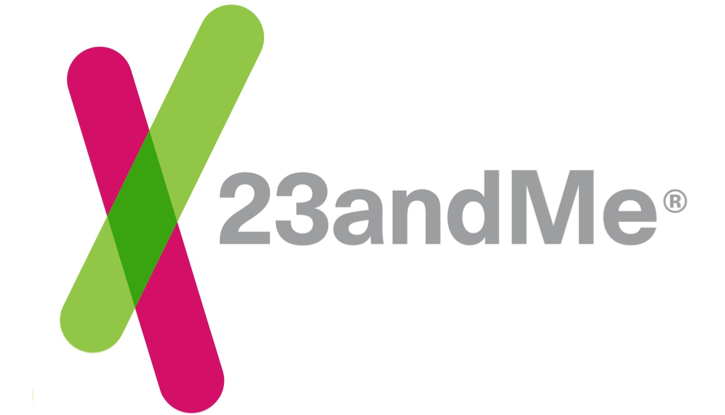23andMe Gets Large Investment, Announces Survey Findings
The American public is interested in consumer DNA testing, but lacking in knowledge about genetics and privacy.

The only home genomics testing company with FDA approval made a couple of key announcements this month. The first, and most eye-popping, is that of a $250 million investment from Sequoia Capital.
The company is now nearing a half-billion dollars in total capital raised, with $491 million.
"The scale of the data - millions of customers and growing - and the unique combination of genotypic and phenotypic information provides an unrivaled research platform for insights into human health,” Roelof Botha, a partner at Sequoia Capital, said in an official statement. “With its distinctive and compelling consumer value proposition, 23andMe is poised to cement its leadership position in the consumer genetics market."
Under the terms of the agreement, Botha will join the 23andMe Board of Directors.
Earlier this week, the company also announced results of survey it commissioned, which might speak to their investors’ rationale. The survey, carried out by Kelton Global, asked 1,000 “nationally representative” American adults questions about their knowledge of, interest in, and trepidations about genetic testing. The results showed a strong interest, but also a stark lack of knowledge about it.
About three quarters alike said that they were interested in testing, but also that they were unaware of the number of chromosomes that humans have. The correct number is, of course, directly in 23andMe’s name, so such responses might be simultaneously encouraging and vexing.
"This shows a need for improved genetic literacy," said Thao Do, PhD, 23andMe Education and Academia Program Manager, in an another statement. "Genetic testing can be an engaging tool for people to learn more about their health and ancestry. At the same time, it can help people learn about genetics in general — something that is increasingly important as genetic information becomes more accessible."
Less than 8% of those surveyed reported having ordered an at-home DNA test, mostly as a result of cost and lack of priority. Privacy of one’s DNA information was a stated concern for 80% of all respondents, but only a prohibitive concern against the process for 17%. Another 73% said the potential of learning about health risks would make them more likely to engage in a genetic test.
23andMe got a major boost in April when the FDA decided to allow the company to market its Personal Genome Service Genetic Health Risk tests direct to consumers. Rather than just ancestry information, which other providers offer, those tests assess risk for medical conditions including Parkinson’s disease, Celiac disease, thrombophilia, and other deficiencies or hereditary disorders.
Although 23andMe’s integrity may have earned it clearance (and major capital) to market their DNA wares, another company hoping to get into the game ran into folly this past weekend. The Baltimore Ravens of the National Football League had paired with Orig3n to pass out over 50,000 tests to fans entering at a game, but Maryland’s Department of Health and the Centers for Medicare & Medicaid Services stepped in to halt that effort, citing regulatory concerns.